Top Cloud Skills Employers Look For
Cloud computing refers to the delivery of computing services over a proprietary network or the Internet. Those services mainly include infrastructure (i.e. servers, storage devices, etc.), development platforms, and software applications. The Cloud refers to the many data centers located throughout the world that house the hardware necessary to offer cloud services. The recent proliferation of virtualization technology, on which cloud computing is based, has contributed to its current popularity.
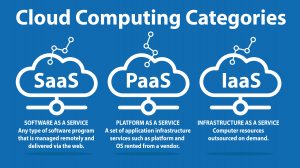
Cloud computing services fall into three categories, Infrastructure-as-a-Service (IaaS), Platform-as-a-Service (PaaS), and Software-as-a-Service (SaaS).
- An IaaS provider satisfies its customers’ needs for computing resources by supplying servers (both physical computers and virtual machines), block storage, networking components and other hardware like firewalls and load balancers. All of these resources across the data center are pooled to provide on-demand access. The service provider may also provide the operating system and some applications with which users build their own customized software images. Ultimately, though, the provider is responsible for the equipment and the customer is responsible for the applications running on the equipment.
- A PaaS provider supplies an environment in which software developers can build and deliver web-based applications and services over the Internet. Once the application is built, it runs on the provider’s servers and is delivered to the users via the Internet. Again, the exact services provided will vary by vendor but all will include tools for design, development, testing, deployment, and hosting. Other support services like developer collaboration and community forums, security, storage, application versioning and more are also likely to be included. Like IaaS, the cost of PaaS is determined by actual usage.
- A SaaS provider hosts software applications and the data stored therein. No part of the software resides on the user’s computer. Rather, users access the software over the Internet and typically pay for it with a subscription. The subscription replaces the need for licenses. The costs of SaaS are minimal considering the amount of functionality and computing resources you get compared to the cost of buying your own software and equipment.

Here are the Top Cloud Skills
- Cloud security: Security was once the main challenge for many companies, but most firms today understand that security can be properly handled in a cloud implementation. New tools such as data loss prevention (DLP) and identity access and management (IAM) are part of a cloud security solution, and IT pros should also help build best practices around process such as procurement and integration.
- Virtualization: Virtual machines have been part of the IT landscape for quite some time but today they are ranked very highly for demand. The fact that virtualization skills are still in demand speaks to the amount of modernization that many companies still need to perform in moving from a static on-premises mindset to a dynamic as-a-service approach.
- Business Continuity/Disaster Recovery (BC/DR): Obviously a top-of-mind topic following the COVID-19 outbreak, BC/DR is a perfect example of a broad process rather than a discrete skill. By understanding the various options available in cloud storage and cloud software, IT pros can build a solid BC/DR plan that helps their organization navigate disruptions.
- Optimization: One of the main benefits of cloud computing is the ability to tailor the infrastructure depending on the application. This is something that not many companies have performed in the past—especially if they have not been exploring virtualization—and it requires IT pros to understand the behavior of applications along with the different characteristics of cloud infrastructure options and cloud providers.
- Private cloud construction: The label “private cloud” is often applied to a wide variety of situations, including any managed infrastructure or even a company’s existing on-prem equipment. As businesses recognize the differences between different models, they may opt to build a true private cloud, requiring the use of software to dynamically allocate resources and self-monitor based on certain parameters.
- Orchestration: A natural result of optimization is a multi-cloud environment, where many different providers and models are utilized in order to achieve the best performance. In this situation, there is a need to ensure all the pieces are working together properly. This is similar to standard data center management, but on a much larger scale.
- Data analysis: Cloud computing affects data analysis in two ways. First, there is an abundance of information generated from cloud operations that must be analyzed for proper orchestration. Second, cloud components offer a pathway for companies to perform more robust data analysis than they ever have in the past.
Most of these skills can apply to IT pros in multiple disciplines. For example, virtualization is obviously a skill needed for infrastructure management, but it is also important for software developers as they work in DevOps environments. Regardless of the career path, being competent with cloud systems will be a must for the years to come.
5 of the Best Cloud Certifications to have on your Resume
Here is a great tool from NICCS that can help with your Career Pathway
See Our Schedule








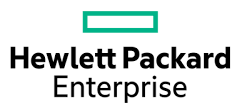







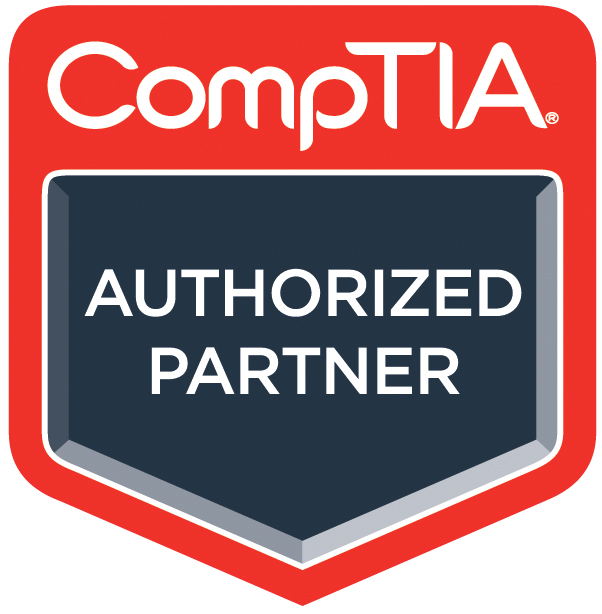




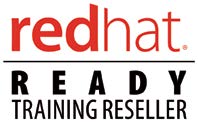







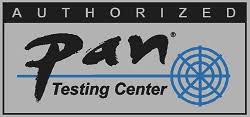

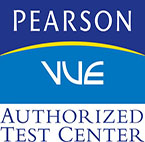
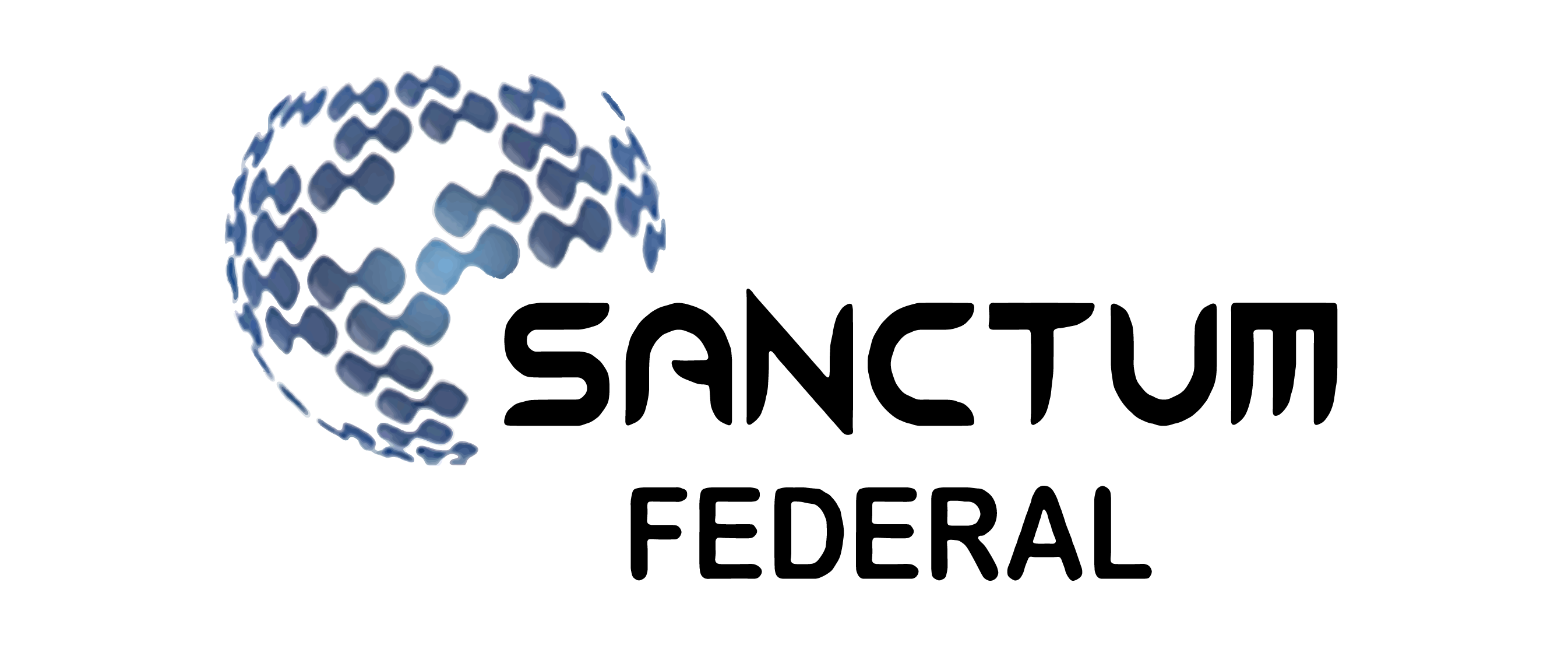

Leave a Reply
You must be logged in to post a comment.